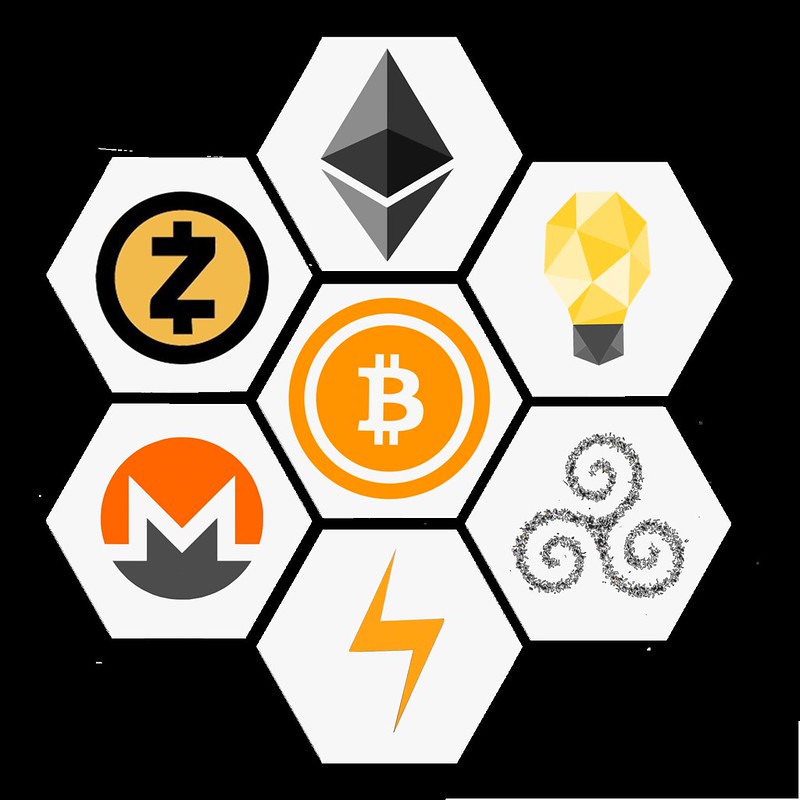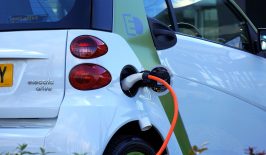Ever since Satoshi Nakamoto published a white paper back in 2008 entitled “Bitcoin: A Peer-to-Peer Electronic Cash System” and the first Bitcoins were created in 2009, the crypto-currency bitcoin, and the technology behind it, the blockchain, have witnessed rapid development. Since the beginning of the 2010s, cryptocurrencies based on the blockchain have become a serious commodity on the capital market (10 billion USD market capitalisation, approximately 5 million users) and it’s thought that they could bring about seriously radical changes to the financial sector. And because the basic blockchain technology and the code of the Bitcoin protocol are open source, many developers have adopted it and adapted it, causing it to evolve even further.
And as it turned out, the technology isn’t just a decentralised accounting tool for the financial world – it can manage much more than just Bitcoin. Blockchain technology is shaking up the media industry, the public sector, medical technology, the Internet of Things, energy systems and supply chains. Banks, large energy producers and corporations are also looking to see to how they can integrate the blockchain into what they do. The term blockchain has become an increasingly popular buzzword in recent years, with any company’s shares set to soar as soon as they announce that they’re working with the technology.
But what exactly is it all about? Why are more and more projects and startups committed to a greener and/or fairer world jumping on the blockchain bandwagon? And does the technology really have revolutionary potential or is the hype of inflated expectations set to be followed by the “trough of disillusionment“? These are exactly the questions that RESET is looking at in this Blockchain Special, in an attempt to get to the root of blockchain’s potential to make the world a better place.
Overall, there are many examples that show blockchain has huge potential for creating a more environmentally and socially just world. But because the technology is still in its infancy, there are a still a number of challenges to overcome. While we’ve already seen its benefits in a range of different contexts, and only time will tell whether its power really will be harnessed to make our society and our economy more sustainable in the future.
To check out all the articles in our RESET Blockchain Special – from interviews with blockchain experts to case studies of blockchain projects in action – click here.




